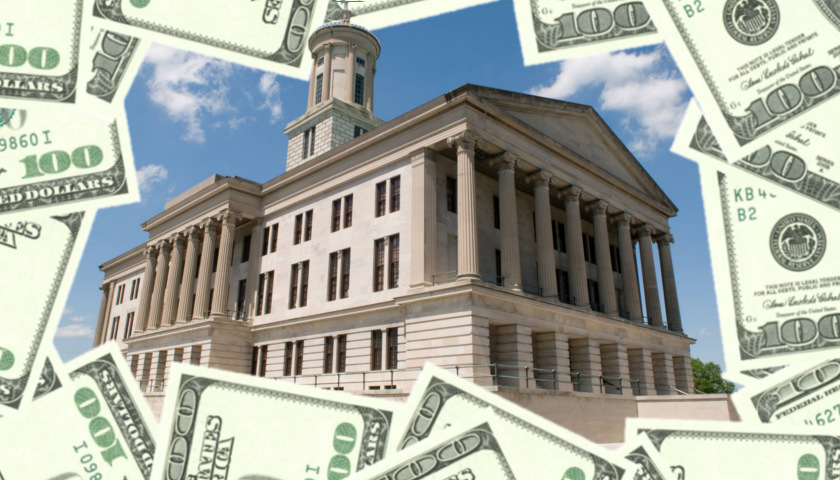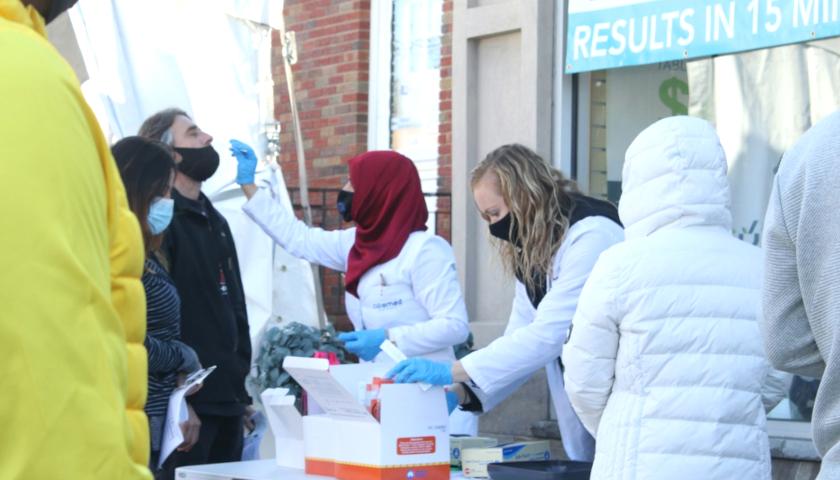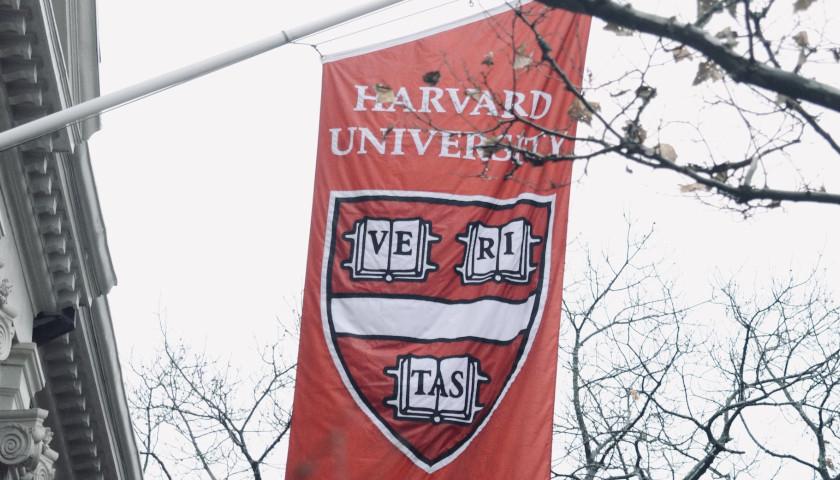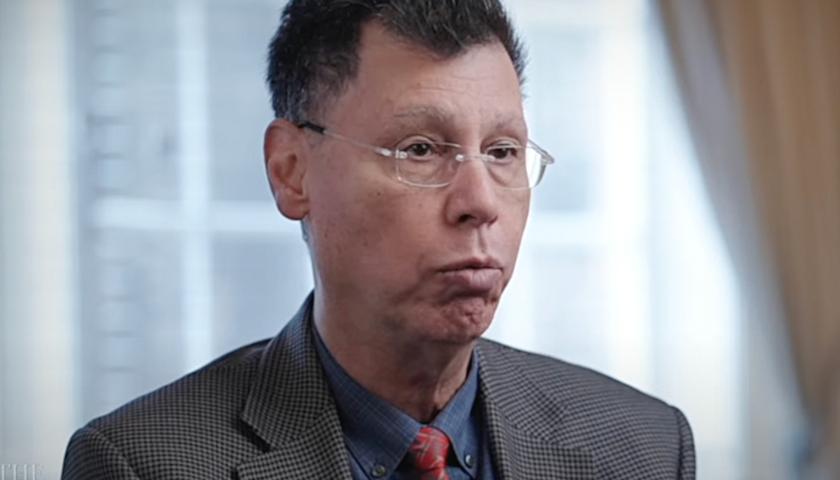by Tyler Arnold
State governments, including Tennessee’s, should expect revenue shortfalls because of the economic impact of the COVID-19 pandemic, according to an analysis released by Pew.
Revenue forecast predictions that predate the COVID-19 pandemic are out of date because of skyrocketing unemployment, regulations on businesses and restrictions on people leaving their homes. This negatively will affect income-tax revenue, sales-tax revenue, business-tax revenue and likely other minor sources of revenue.
In Tennessee, nonessential businesses have been closed, restaurants have been forced to only carry-out and delivery services and people are not allowed to leave their homes for nonessential activities.
Gov. Bill Lee and the Tennessee General Assembly sought to get ahead of the crisis by altering the state budget proposal when the crisis began. The new budget removed some initiatives and diverted funding from education, teacher-salary increases and other public-employee salary increases to fund efforts to combat COVID-19 and the rainy day fund.
“More than $900 million in reductions were made to the original budget proposal, which was unveiled during February’s state of the state address,” Jennifer Easton, a spokeswoman for House Majority Leader William Lamberth, R-Portland, told The Center Square.
The state’s rainy day fund was increased by $350 million in the new budget, bringing it up to $1.45 billion. The budget kept funding intact for a school-voucher program.
The Legislature passed the $39.8 billion budget last month, but will revisit in June.
Mark Robyn, a senior officer for state fiscal health at Pew and one of the authors of the analysis, told The Center Square a bolstered rainy day fund is one of the best ways a state could be prepared for COVID-19. He said many states have larger balances since after the Great Recession hit.
Because higher taxes and spending cuts during a crisis could have negative outcomes, Robyn said states that put money away during economic prosperity to prepare for a poor economy in the future are in a better position.
Robyn said the future of the economy and revenues is still very uncertain, so states should continue to monitor changes and be adaptable. He encouraged states to have more frequent updates, such as special sessions, to revisit projections and run models that plan for different scenarios.
Senate Majority Leader Jack Johnson, R-Franklin, told The Center Square that Tennessee is in a better position than most states.
“Due to many years of conservative budgeting, Tennessee is more prepared than the vast majority of states to meet the challenges ahead,” Johnson said in an email. “Our rainy day fund is at an all-time-high level due to these efforts. However, we are in uncharted waters as to whether or not it will be enough to sustain us given the severe economic impact of the global pandemic on our state. We are scheduled to return to our 2020 legislative session on June 1, when we will reassess our budget needs and take any appropriate actions.”
Senate Minority Leader Jeff Yarbro, D-Nashville, told The Center Square the Legislature will have to readdress some initiatives with new projections that account for COVID-19’s impact. He criticized Republicans for keeping the school-voucher program in the budget because with a health and budget crisis, it is not the time to launch a new program such as school vouchers.
Yarbro said Medicaid expansion should be a priority at this time.
“The budget the Legislature passed before recessing is a draft at best,” he said.
– – –
Tyler Arnold reports on Virginia and Tennessee for The Center Square.









revenue shortfalls…..
no s#i++ ???????????
And the Sumner County Commission just put we citizens into all kinds of unnecessary debt. So much for its concern for us citizens. This on top of raising my property taxes 50% with the last two increases. Thanks a lot!!!